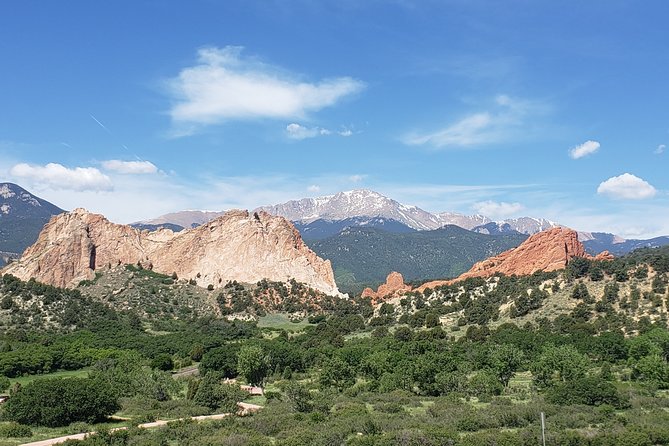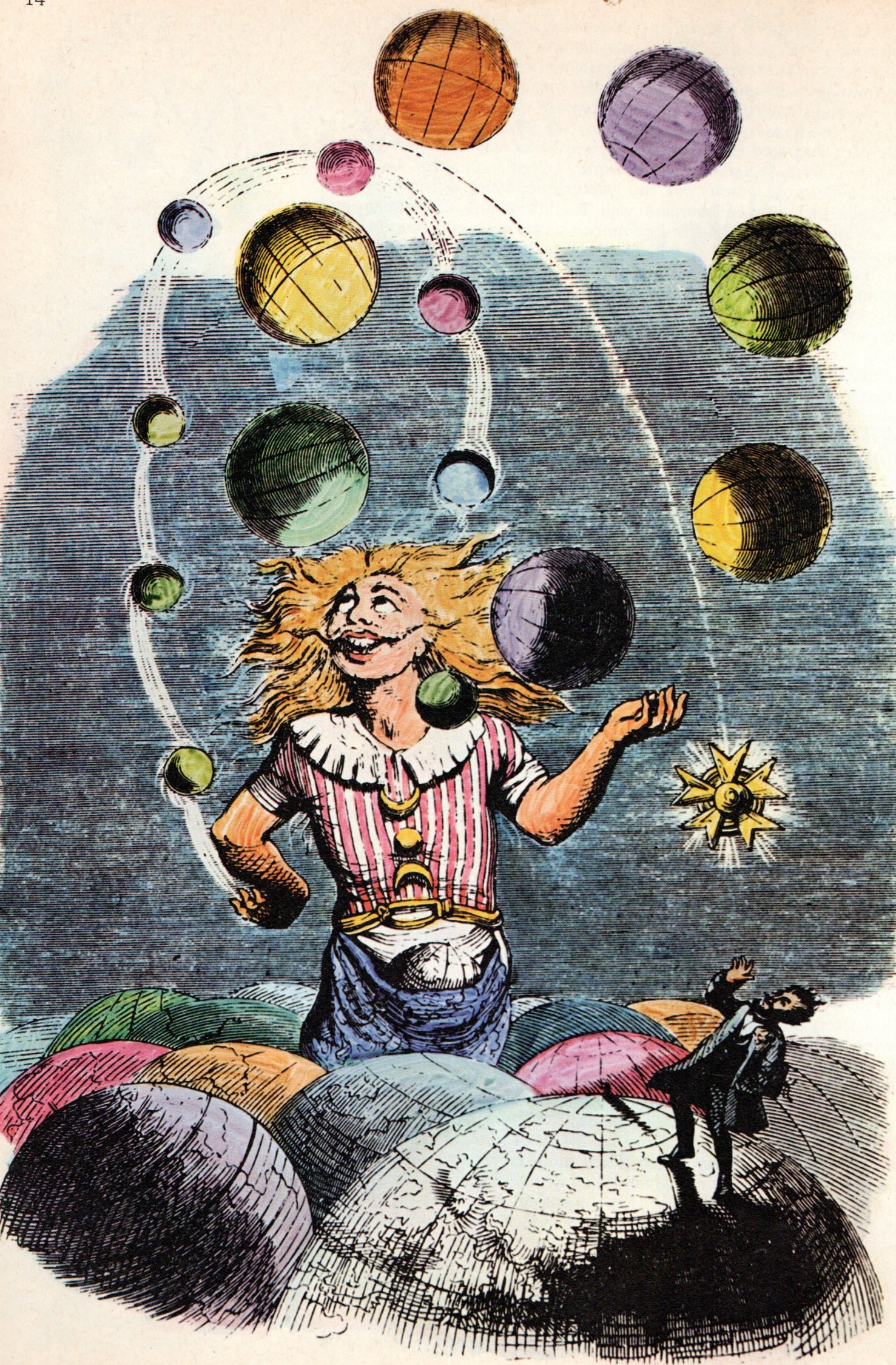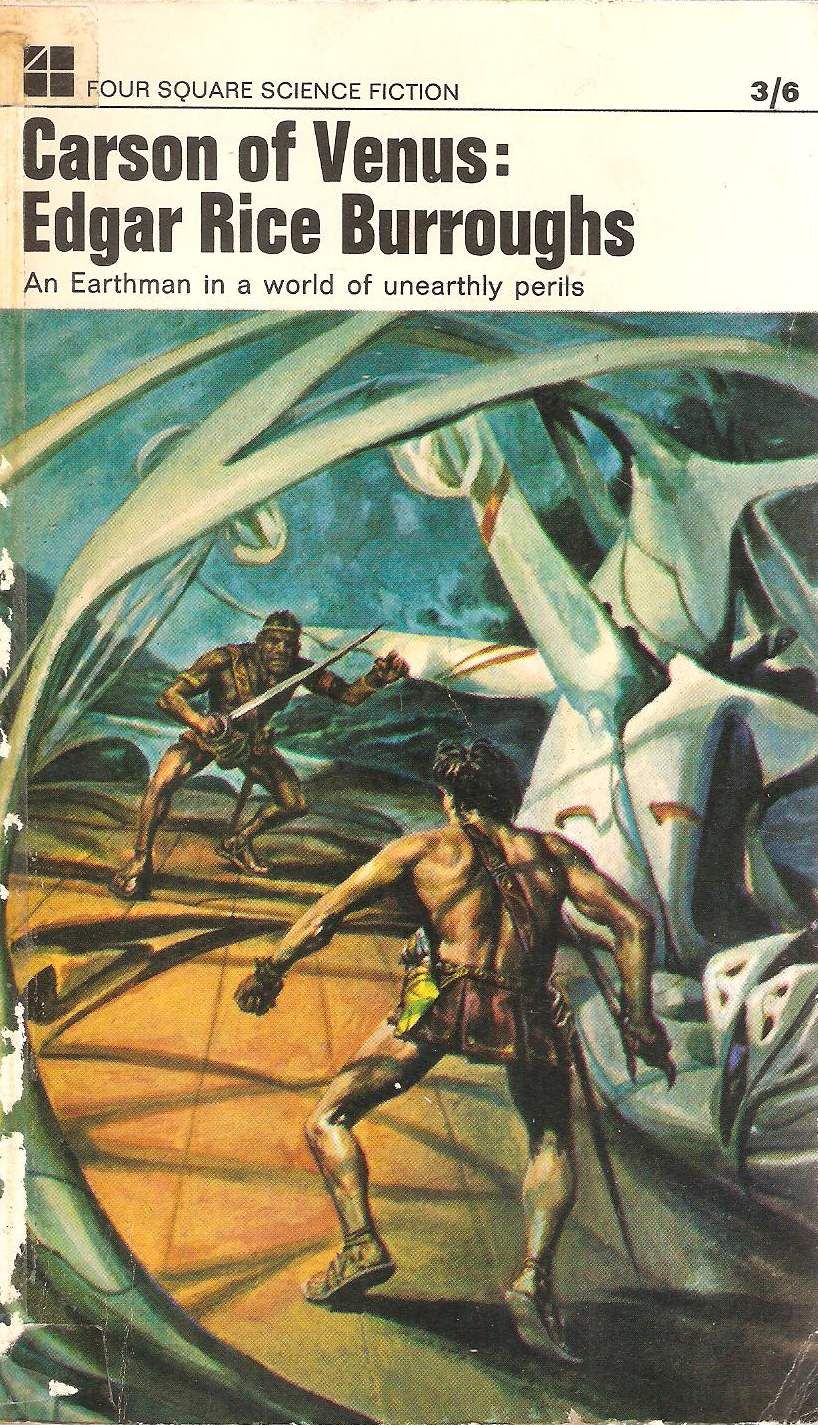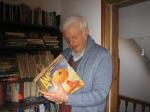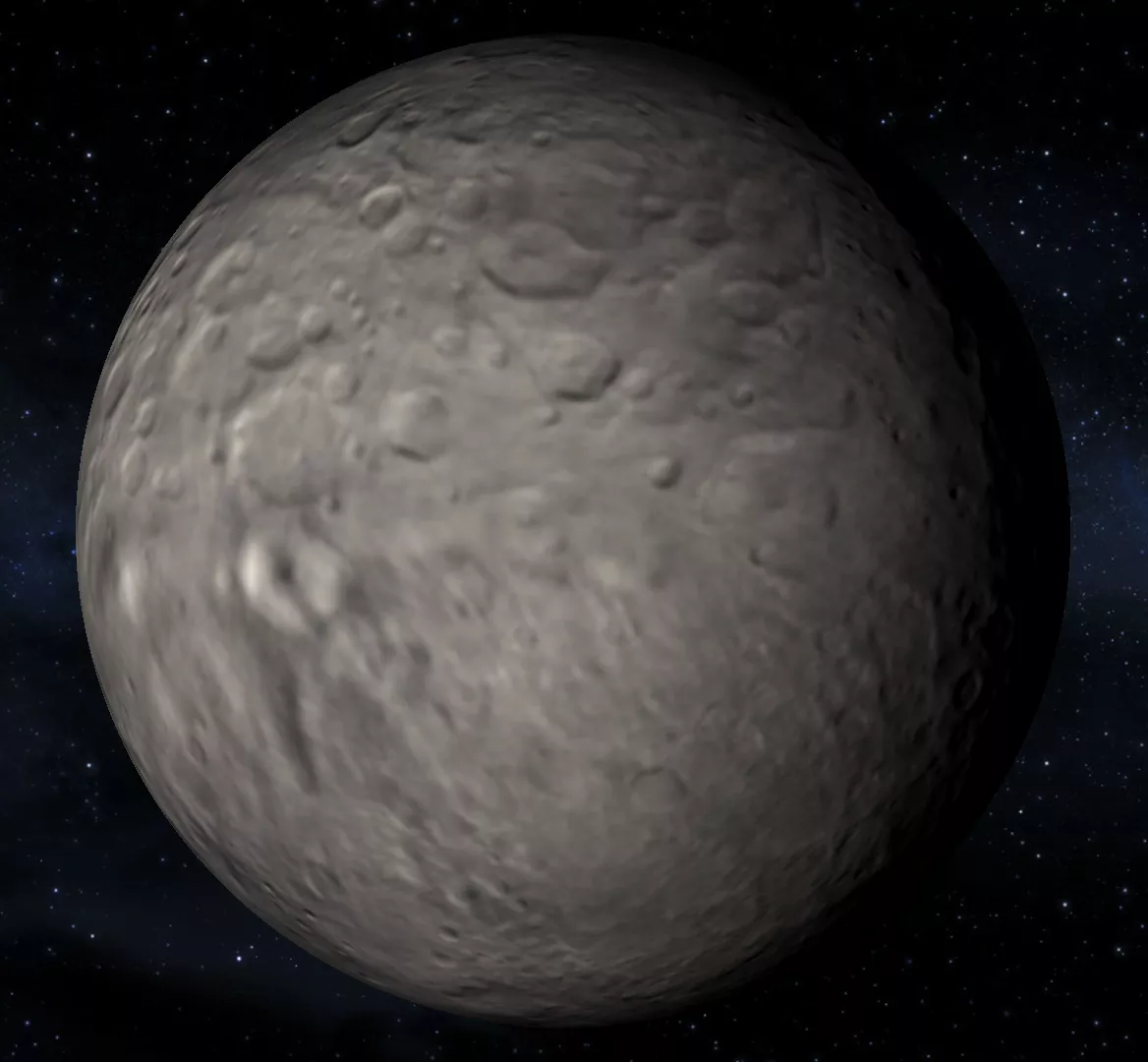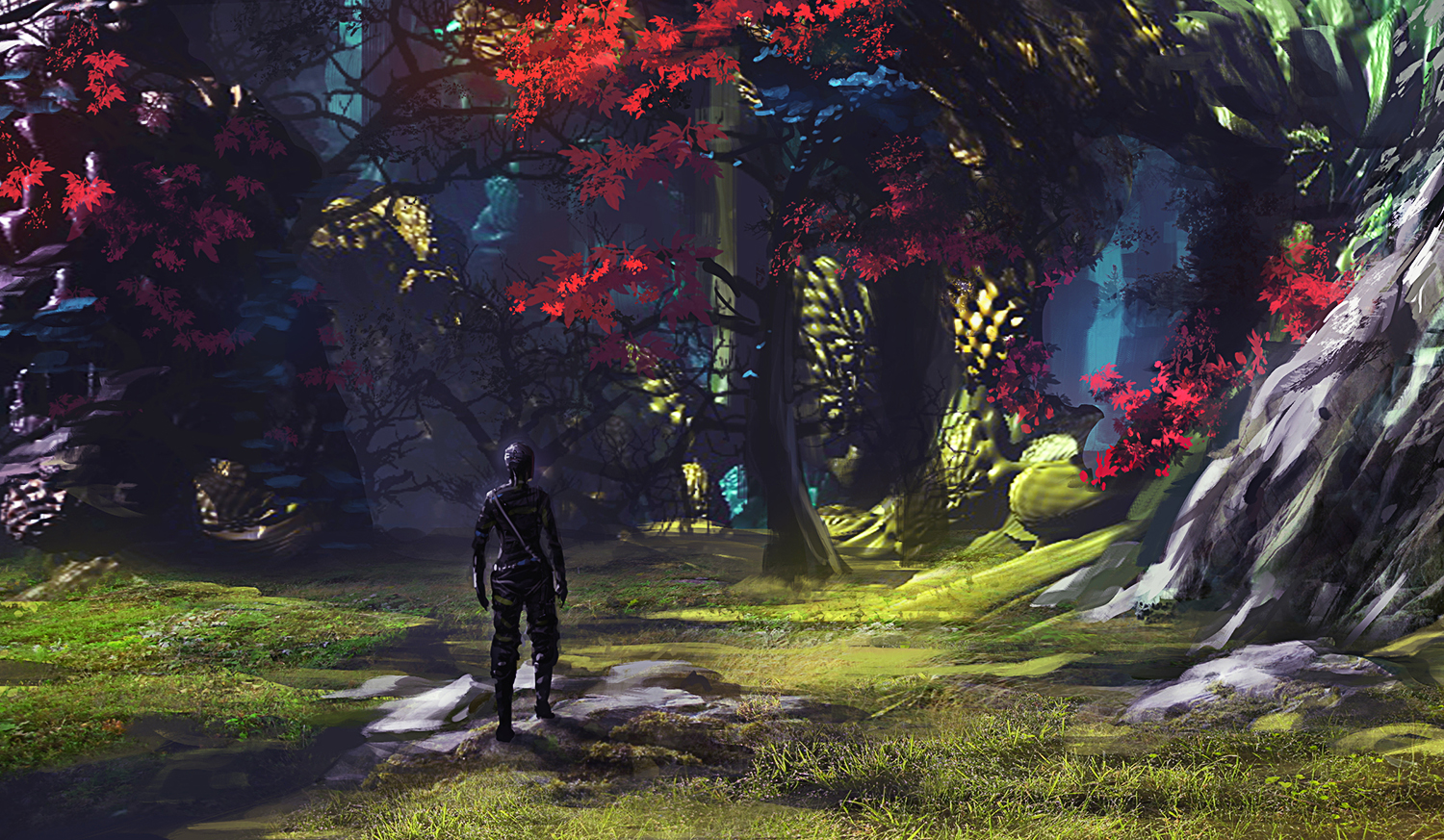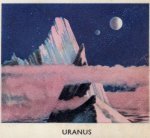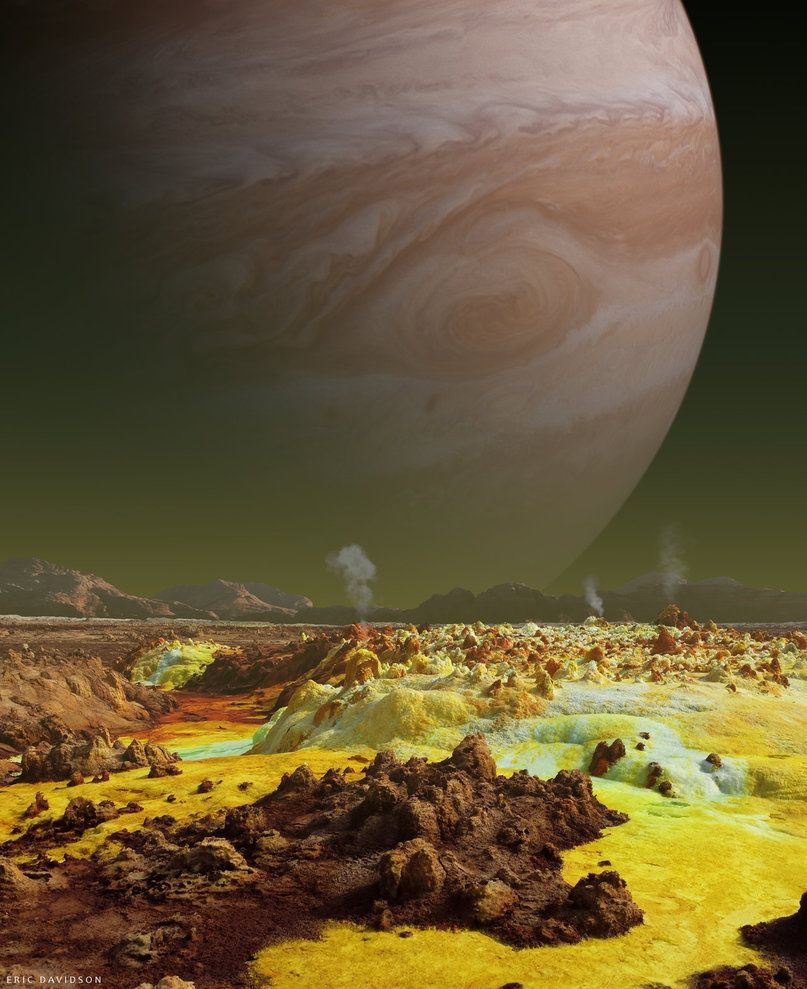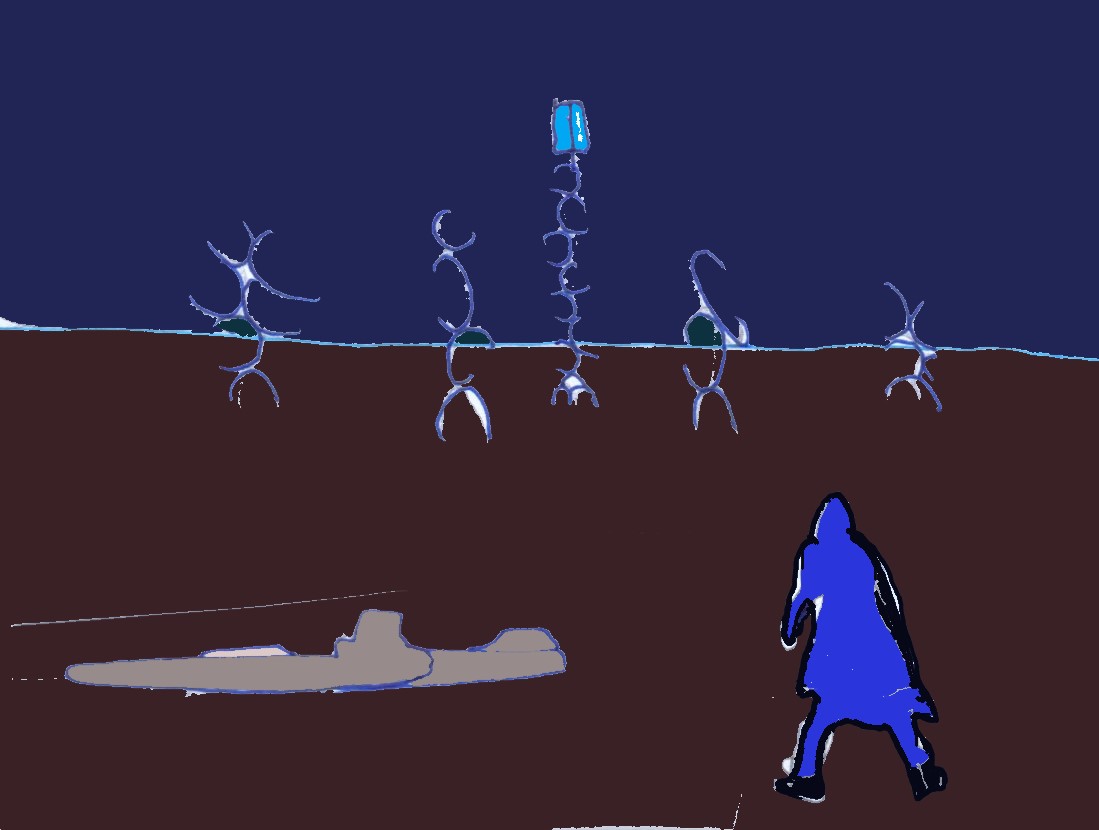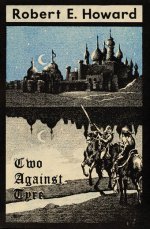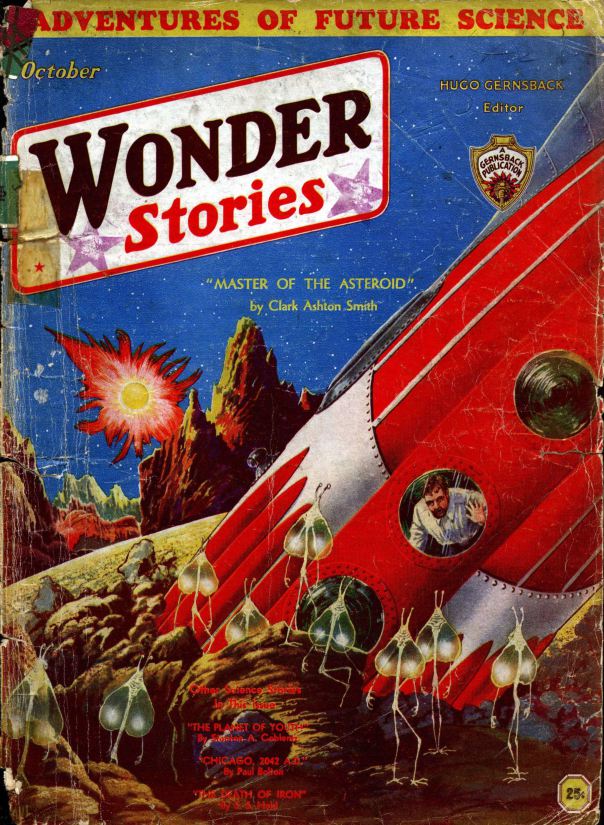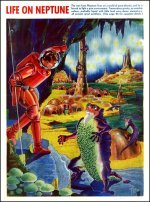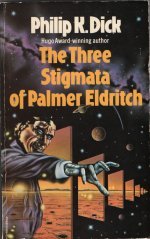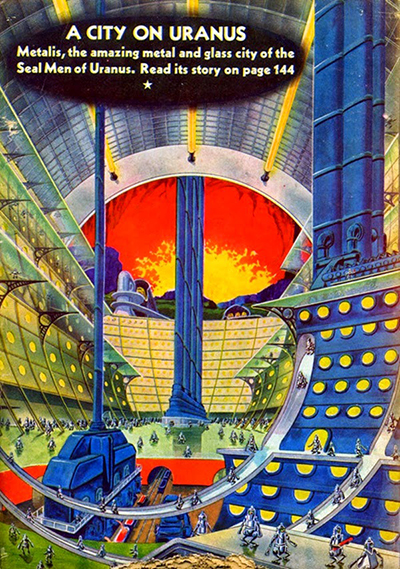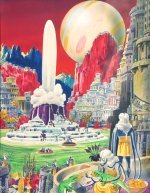A Plea for Lost Civilizations
by John Michael Greer
(Cumberland, MD USA)
I've been rereading, for the first time in many years, Abraham Merritt's wonderfully lively lost-race tale "The Face in the Abyss." Of course it takes place entirely on Earth - specifically, in the same sort of off-the-beaten-track setting that everyone puts lost-race romances in, an isolated corner of the Andes - but reading it has reminded me of the extent to which some of the other old forms of science fiction share the same qualities as Old Solar System stories.
"The Face in the Abyss," to begin with, has the old science fiction flavor - I get the same sort of experiential rush from it I get from Barsoom et al., a rush that's noticeably lacking from so much of current SF (and let's not even talk about current fantasy fiction). You've got two-fisted adventure, hot-blooded romance, intelligent nonhumans, strange powers that sprawl agreeably across the border between magic and wildly advanced science, and the rest of it. It's a romp, and a romp of a familiar kind.
Though it's set on Earth, furthermore, Merritt's is a bigger Earth than ours -- an earth big enough to contain colonists from an ancient Antarctic civilization, not to mention domesticated dinosaurs and the last surviving member of a prehuman race of serpent-people. It's recognizably the same Earth that provided Tarzan with all those hidden cities to find, just to name one classic example. I suppose you could think of it as a kind of localized Shimmer. The individual locales in which lost races hide out may be a bit small, but the whole assortment of OSS-era lost race stories covers a lot of real estate, and extends the Earth a good deal.
Thus I'd take Harlei's side in the discussion on the page on Earth - but with a twist. Lost civilizations and forgotten colonies from long-departed cultures, I'd suggest, are as standard a feature of OSS Earth as, say, crumbling ruins of fantastic age are of OSS Mars, or the Twilight Belt is of OSS Mercury. It's part of the essential character of OSS Earth to have lost worlds all over the place, wherever modern civilization's grip is weak - beyond jungles and mountains, deep in the sea and hidden away in underground caverns, and of course inside the Hollow Earth! So I think it's worth making a plea for lost civilizations - not that this site ought to devote any significant fraction of its space to them, but I think they deserve a slightly more honorable mention.
{Z: Absolutely, John - I am coming round to that view in a big way, and I shall create a link from the Earth page to this one. The key issue is, as you indicate, Earth's size.
To recover a sense of that size, we need somehow to counter the two factors which tend to diminish it: (1) fast transport that annihilates distance, and (2) overpopulation that fills up the spaces.
(1) can be dealt with to some extent by the fact that it is merely a blunt instrument of relocation - once it has got you to the border of an unknown land, you have to get out of the plane or whatever, if you are ever going to investigate the country rather than merely over-fly it. So you get out of the plane - and immediately the world becomes big again.
(2) can be dealt with by viewing people and their artifacts as as much a part of Nature as are termite-mounds. Then the distinction between wild and cultivated areas disappears, and all the Earth is wild. I know it can seem a tall order to think in this way, and I don't suppose Tarzan would agree, but I have so far not been able to find a flaw in the logic...}
